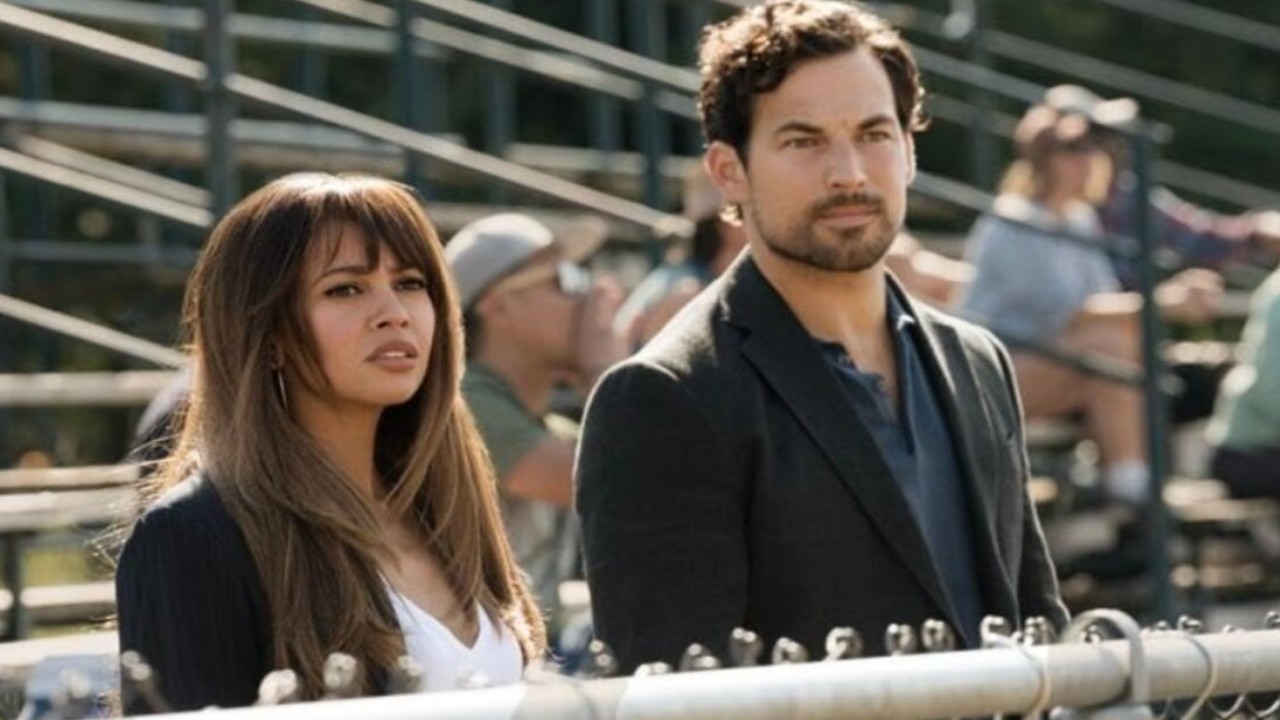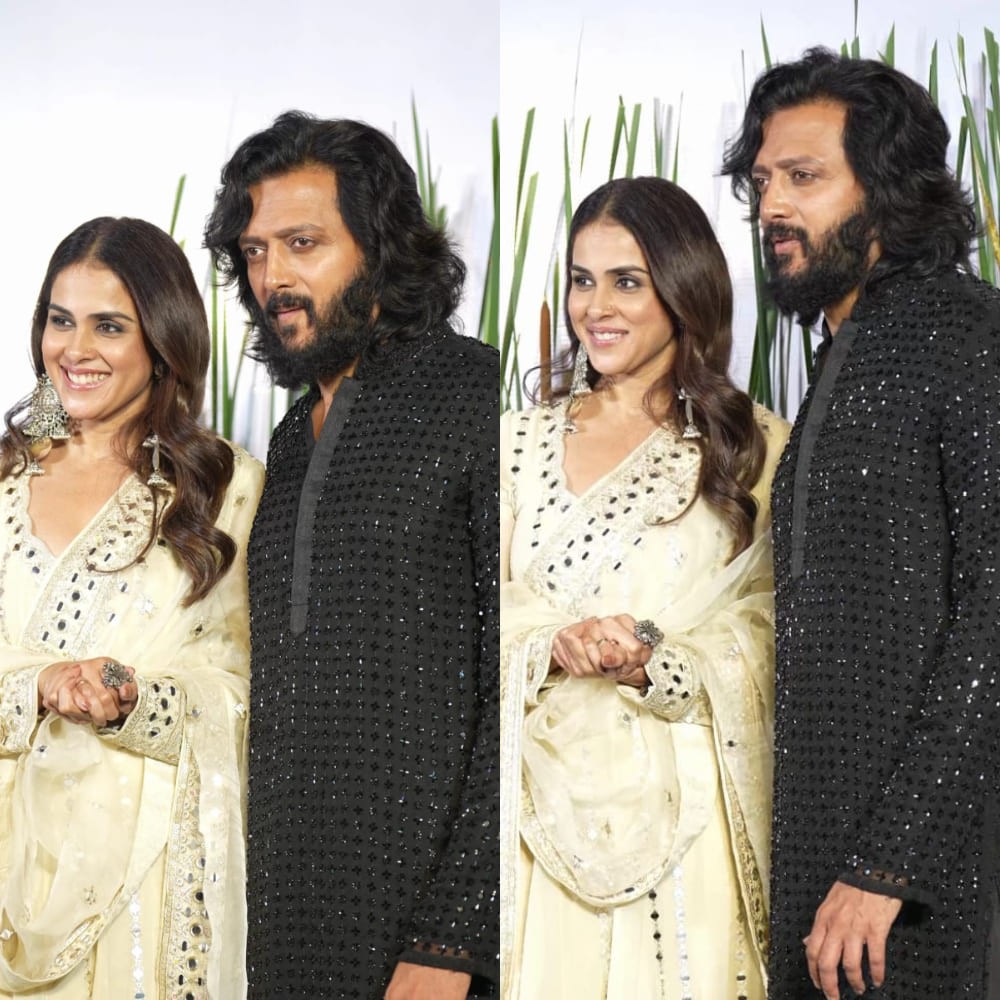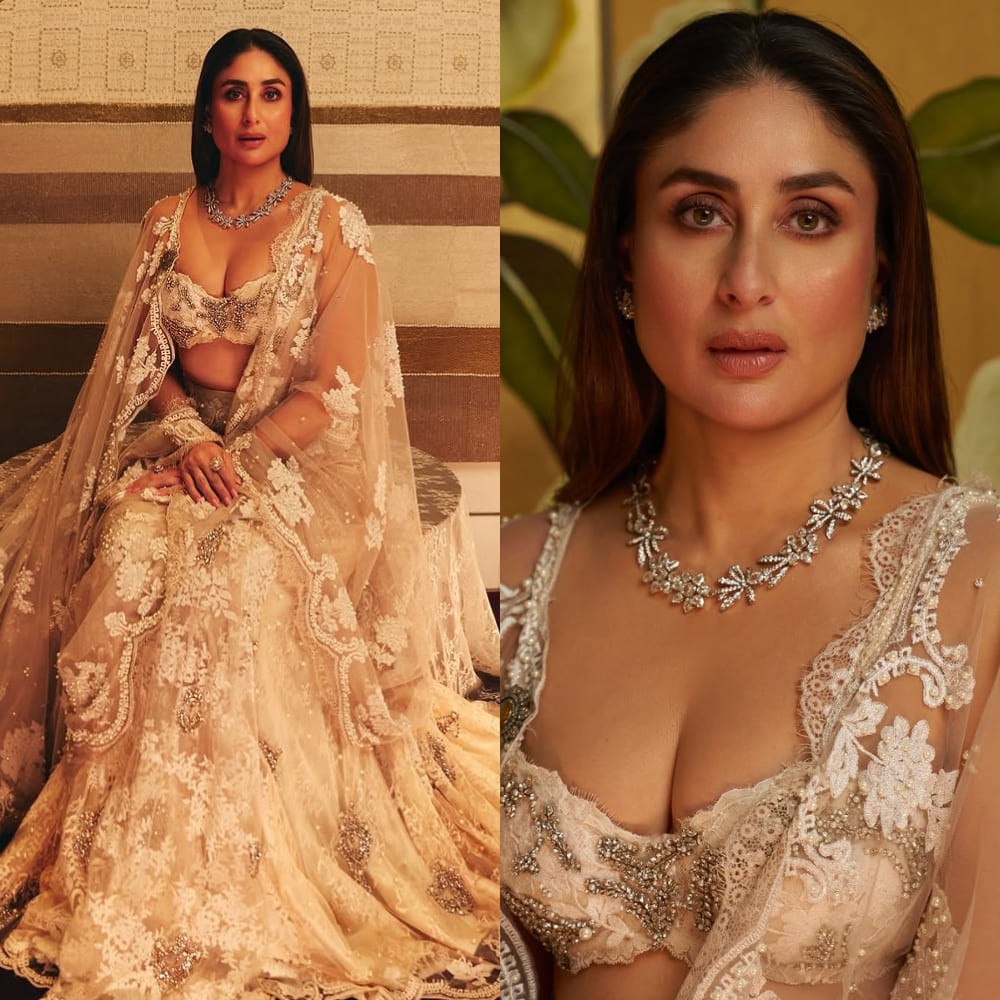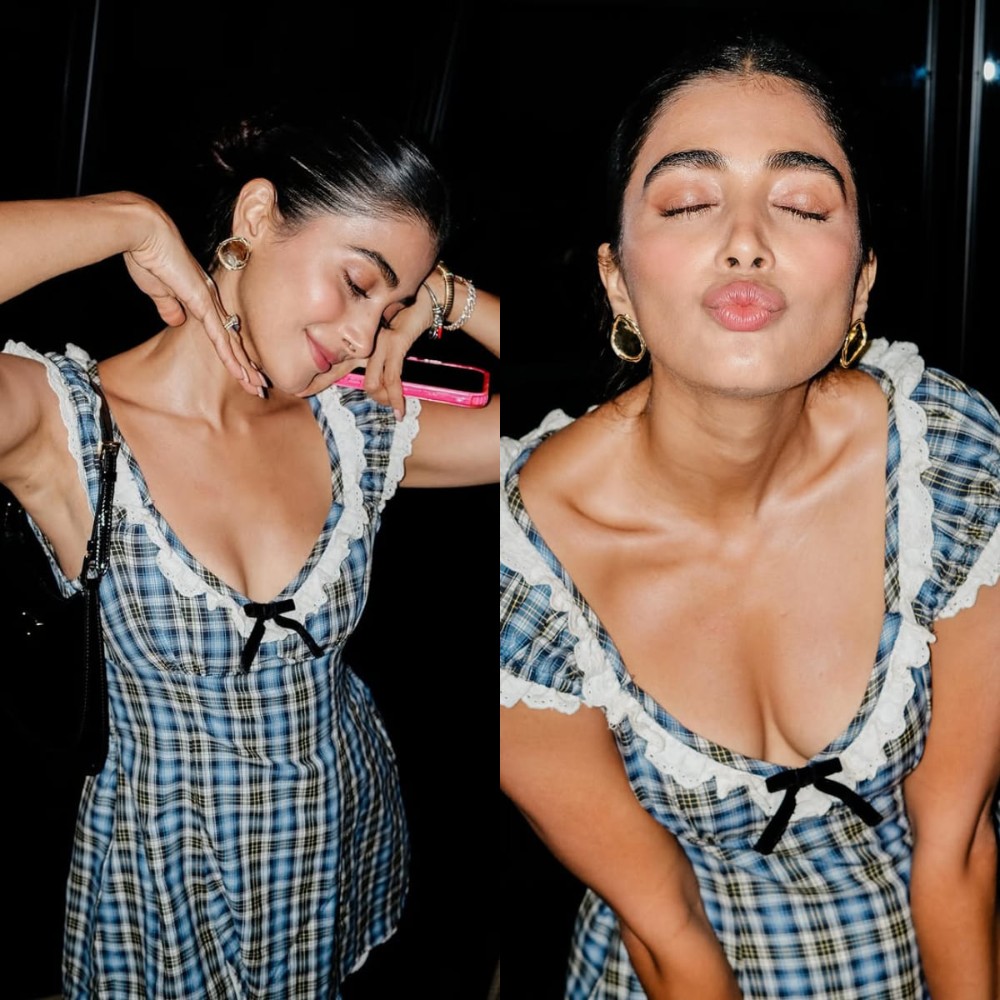'I Was Just Too Young': Molly Ringwald Claims 'Predators' Took 'Advantage' Of Her During Early Hollywood Years
Molly Ringwald recently spoke out, revealing she was taken advantage of by predators during her early years as a Hollywood actress, shedding light on pervasive issue of exploitation in the industry.

Beloved The Breakfast Club star Molly Ringwald opened up about her struggles as a young actress when she had a candid conversation with the Marc Maron Podcast on Marc Maron's WTF in the '80s
Despite having impressive on-screen roles, Ringwald, now 56, revealed that her shyness and reclusiveness make traveling to Hollywood difficult. He admitted to Maron that he never felt right in acting in Hollywood and preferred to stay home rather than hit the town. "Being in Hollywood, I never really felt like part of the community, being so young, really," Ringwald explained.
"I wasn't into going out to clubs. I feel like I'm more social now than I was then. I was just too young."
Meron, 60, acknowledged the risks to Ringwald, saying, Well, you're lucky you didn't get taken advantage of or got into some sort of horrible situation."
Ringwald's response is candid and poignant. He laughed and said, "Oh, I was used. You can't be a young actress in Hollywood and not be a hunter around."
Her stories shed light on the harsh realities many young artists face in the industry, and highlight the importance of providing a safe environment for aspiring talent.
Ringwald warns daughter about Industry realities
Reflecting on her reports, Molly Ringwald acknowledged that she located herself in some questionable conditions at some stage in her early days in Hollywood. However, she credits her robust survival intuition and ethical compass for helping her navigate those difficult instances and find approaches to protect herself. Despite her resilience, Ringwald admitted that the adventure may be daunting, mainly considering her own daughter's aspirations to enter the identical profession.
The actress, acknowledged for her roles in iconic '80s movies like Pretty in Pink, has been vocal about sure elements of her past work that have troubled her. For instance, she stated a scene in Sixteen Candles wherein her man or woman's weigh-down shows taking advantage of his intoxicated female friend. In a 2018 interview with NPR, Ringwald expressed her discomfort with such scenes, emphasizing that at the same time as filmmaker John Hughes by no means supposed to create movies corresponding to Porky’s or Animal House, the cultural norms of the time allowed for questionable content. She stated that what became considered acceptable then isn't suited now, highlighting the importance of evolving societal requirements.
Ringwald's candid reflections underscore the converting panorama of the enjoyment industry and the continuing communication surrounding consent, illustration, and accountability. Despite the challenges she faced, Ringwald's willingness to deal with those issues contributes to a broader communique approximately the treatment of girls in Hollywood and the need for fantastic trade.


Will Ariana Madix Ever Return To Vanderpump Rules? Reality Star Reveals
Molly Ringwald's candid reflections: Reassessing past films and embracing change
Molly Ringwald has gone through a shift in attitude concerning her past films, acknowledging each of their positive elements and the factors she now opposes. While she nonetheless appreciates many aspects of the films she starred in, she grapples with conflicting feelings regarding certain subject matters and characters, mainly those who are not properly elderly in a modern context.
In a recent interview with The Times, Ringwald shared her experience of rewatching The Breakfast Club together with her daughter Mathilda, revealing that at the same time as there are factors of the film she nevertheless loves, there are also factors that haven't stood the check of time. She specifically mentioned Judd Nelson's character, John Bender, whose conduct closer to her character might be interpreted as sexual harassment. Ringwald expressed gratitude for the possibility of reassessing those movies and acknowledging the adjustments in societal attitudes because of their launch.
Her candid reflections highlight the significance of significantly analyzing artwork and its impact on subculture, even if it includes cherished classics. Ringwald's willingness to confront uncomfortable truths demonstrates a dedication to fostering extra inclusive and respectful surroundings inside the entertainment enterprise.

Canadian Series Wild Cards Gets Renewed for Season Two; Riverdale’s Vanessa Morgan to Reprise Her Role





 JOIN OUR WHATSAPP CHANNEL
JOIN OUR WHATSAPP CHANNEL















































